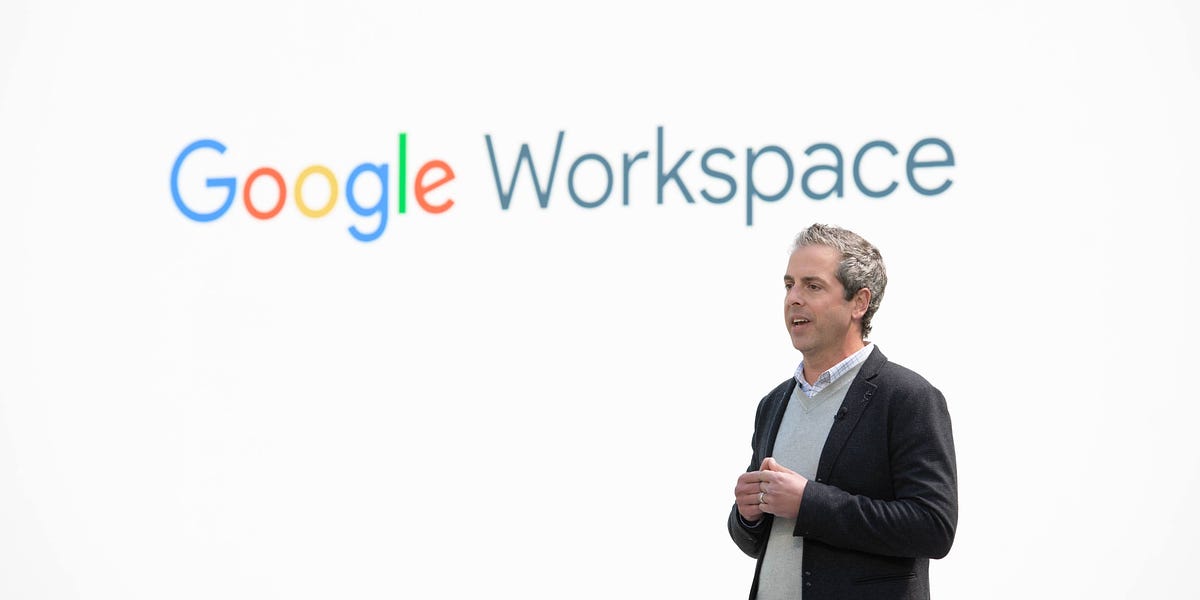But, my hopes for web computing always felt limited by both the inertia of what Chrome already was (it’s hard to move the cheese on people), and by Google itself. A company that once oozed innovation now stood in its way. At some point, so much of our focus became navigating a sea of reasons not to innovate, for fear of causing users to see fewer... See more

